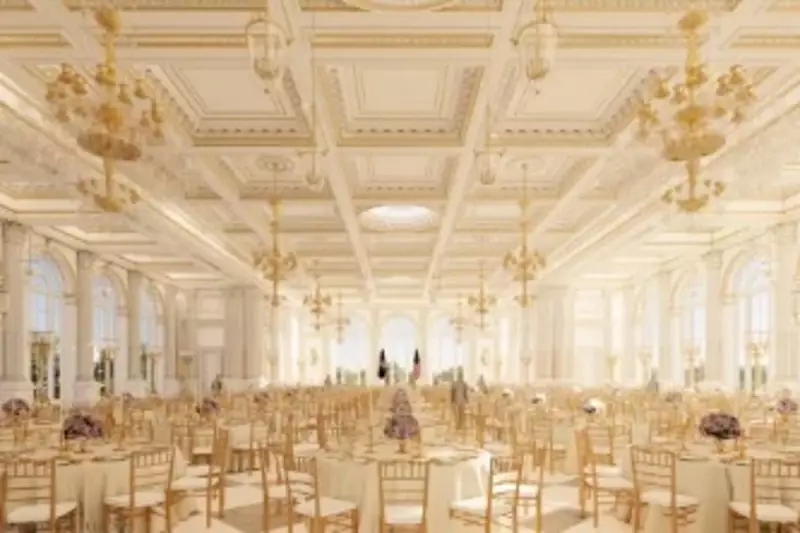
The opulent White House ballroom became the centre of a fresh political storm this week as former President Donald Trump hosted a controversial gathering that has reignited debates about presidential propriety and the appropriate use of official government venues.
A Gathering That Raised Eyebrows
Witnesses described a scene of considerable political theatre as dozens of guests assembled in the historic East Room, one of the most prestigious spaces within the executive mansion. The event, which blended political messaging with ceremonial trappings, has drawn sharp criticism from ethics watchdogs and political opponents alike.
"When you use the White House as a backdrop for what is essentially a political operation, you blur lines that should remain crystal clear," commented one political ethics expert who preferred to remain anonymous.
Questions of Protocol and Precedent
The gathering has prompted serious questions about:
- The traditional separation between official government business and political campaigning
- Historical precedents for using White House facilities for partisan events
- The potential implications for future administrations
- Public perception of the presidency as an institution
Critics were quick to point out that previous administrations, both Democratic and Republican, have generally maintained a clearer distinction between the ceremonial functions of the White House and overt political activities.
Defending the Decision
Supporters of the former president have pushed back against the criticism, arguing that the event fell within acceptable parameters for a sitting president. They maintain that the gathering served legitimate purposes beyond mere political theatre and reflected the administration's ongoing policy priorities.
One attendee, who spoke on condition of anonymity, described the atmosphere as "electric" and defended the former president's right to communicate directly with his supporters, regardless of the venue.
Broader Implications
This incident comes amid ongoing debates about the norms and traditions that govern presidential conduct. Political analysts suggest that such events contribute to an evolving understanding of how sitting presidents can leverage the symbolic power of their office for political advantage.
As one historian specialising in the presidency noted, "Each administration tests the boundaries of what's considered appropriate. The real question is whether these changes represent temporary shifts or permanent alterations to our political traditions."
The controversy seems certain to fuel ongoing discussions about ethics in government and the changing nature of presidential power in modern American politics.





